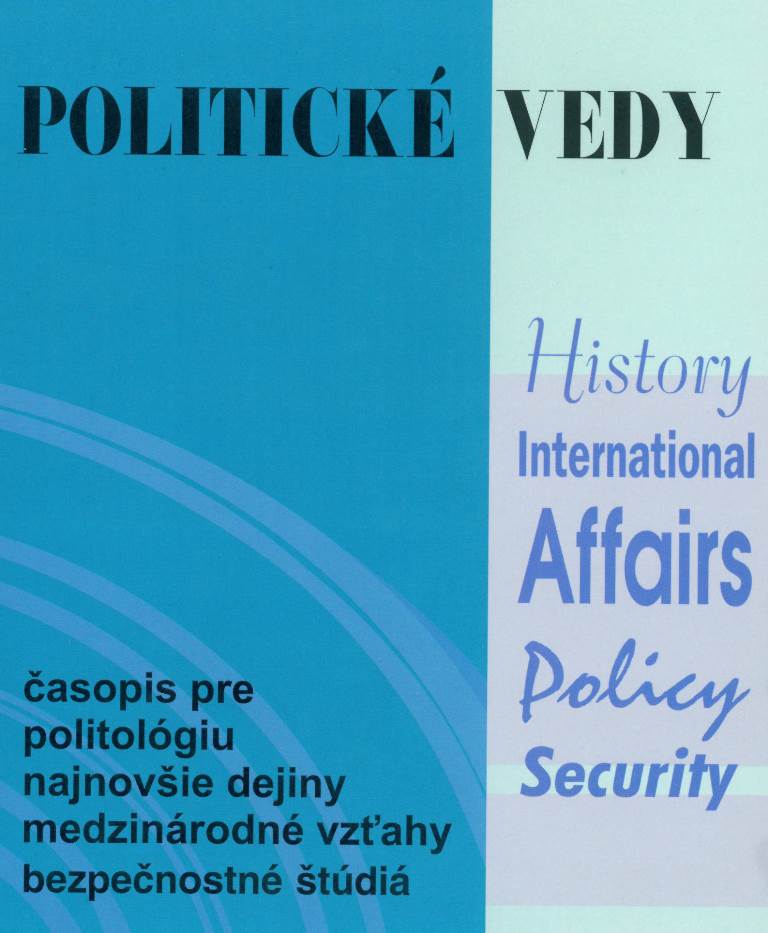Eric Heinze o slobode (nenávistného) prejavu v demokratickom štáte
Eric Heinze on Freedom of (Hate) Speech in the Democratic State
Author(s): Marián KunaSubject(s): Politics / Political Sciences, Politics and society
Published by: Univerzita Mateja Bela
Keywords: Freedom of Speech;Hate Speech;Democratic Citizenship;Eric Heinze
Summary/Abstract: The phenomenon of hate speech in the context of freedom of speech has recently been a subject of ever-increasing scholarly reflection. This article analysed and evaluated Eric Heinze’s philosophical conception of freedom of (hate) speech. Heinze considers freedom of speech a citizen's prerogative that constitutes a necessary legitimising condition for democracy. In line with this assumption, Heinze advocates a state that should promote pluralistic, anti-hate worldviews without punishing those citizens who reject this ideal. Heinze locates his ideal of free public debate in the historically unique context of a contemporary well-functioning democratic society – one he coins as “longstanding, stable and prosperous democracy”. The article claimed that Heinze’s approach represents a genuine intellectual challenge for any argument in favour of legal prohibition of hate speech on democratic grounds. Heinze also compellingly disqualifies a simplistic dichotomy of defenders and opponents of hate speech bans. However, it also claimed that Heinze’s approach seems to suffer from two serious shortcomings. First, it seems legally unfeasible, specifically in the context of the European system of human rights protection. Second, it seems to generate an inherent legal instability with regard to freedom of speech that contradicts the rule of law in general, and the principle of legal certainty in particular.
Journal: Politické vedy
- Issue Year: 23/2020
- Issue No: 3
- Page Range: 145-162
- Page Count: 18
- Language: Slovak

